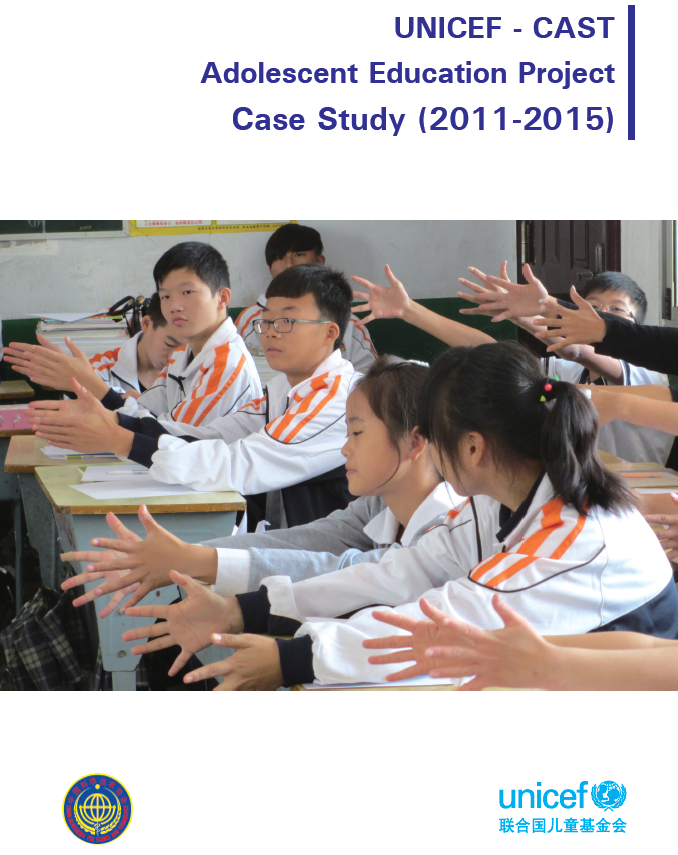 |
|
©UNICEF China |
Young people in transition from childhood to adulthood face many challenges. In addition to the physical changes they are experiencing, adolescence is often a time when youth move from dependency to independence. In the context of rapid urbanization in China, rural adolescents aged 12-18 years are a particularly important cohort. Due to various reasons, many rural youth, especially those from central and western China, live and work in cities after graduation, without getting sufficient knowledge and capabilities beforehand. When they are trying hard to fit into urban life, work and study, they are not well supported for future development, and their quality of life may easily lead to social stratification and ultimately to intergenerational transmission of poverty.
Therefore, it is essential to equip these adolescents with the life skills to enable them to set goals and assist them to make plans and taking action to realize these goals. Providing access to life skills training to adolescents, especially out-of-school adolescents, in China's rapidly growing and evolving rural economy, has become an increasingly important priority.
Towards this objective, UNICEF and the China Association for Science and Technology (CAST) have been
collaborating since 1982 on a series of non-formal education programs, targeting vulnerable 12-18 year old adolescents in remote and underdeveloped central and western China, rural areas, ethnic minority regions, places concentrated with impoverished or migrating populations. In the 2006-2010 country programme cycle, UNICEF and CAST collaborated to build a model of community-based learning centres for out-of-school children in rural areas.
Download File:
20160608032727381





























